I am sure we are all familiar with some of the key rules of a negotiation:
- Anchor high
- Don’t give away your true position early
- Get them to put their cards on the table first
- Never accept the first offer
- Use the 5 tenets: Preparation, build rapport, focus on interests, prepare to concede, and remain adaptable Etc. Etc. Etc.
So, if there are so many rules that one can apply, why do many find it hard to discuss their salary expectations, either when you apply for a role, or are asked at interview?
I have reviewed 100’s of interview scenarios, and over the years considered the feedback from both candidate’s and interviewer’s perspective. There are factors in personal salary positioning and negotiation that are very different from more corporate, or business negotiation purchasing scenarios, precisely because you salary / compensation is deeply personal to you, but not necessarily to the potential employer.
In a recent poll, the strategies of having a fixed figure in mind, an expectation of a minimum percentage increase, or waiting for them to offer a figure were approximately equal in the preferences of candidates. A fourth strategy of a particular increase from whatever they offer is also used, but less so. What this tells us, is there are different strategies that people employ, but which one is right and in what scenario?
Over the next few articles, we will deepen your understanding of salary positioning and negotiation and explore the strategies and tactics that one can employ.
In this particular article we will explore how it is your mindset, the attitude in your approach, that often has the biggest impact on the optimum result. There are a few underlying psychological and economic behaviors that may determine your “natural” approach:
1.The Acquiring Drive; to acquire more material goods, power and social status. (along with Bonding, Learning and Defending), is one of the Four Drives Underlying Our Human Nature).
2. Prospect Theory; indicates the fear of loss, is often greater than the anticipation of a gain.
3. Ambition, perhaps bordering on greed; we are hardwired to want more, and to compensate for any risk in changing jobs and / or companies.
In summary we often go into the negotiation with the mindset of “I want as much I possibly can get, but I will still worry that I might not have got as much as I could.” Such a zero-sum gain mindset, in order for someone to win, the other must lose, is a pretty competitive stance, which can often be interpreted by the employer as quite aggressive, and potentially combative.
When one considers that the negotiation is the start of what hopefully should be a long-term relationship between you and your employer, of honesty, trust and cooperation, most find that applying a cooperative, collaborative mindset is more beneficial for both parties.
Don’t think “How much can I get?”, think “What would I say yes to?” The latter is what you would be prepared to share and “Would that fall into what they could budget for the role?”. It is your walkaway position, however you come to that figure, and if they can’t match or exceed it then there is no negotiation because you have no overlap.
Simon Crockett
Founder and Head Coach
To discuss this further, email [email protected]
- Paul Lawrence and Nitin Nohria, Driven: The Four Drives Underlying Our Human Nature, HBS, 10/9/2001
- Daniel Kahneman and Amos Tversky, Prospect Theory: An Analysis of Decision under Risk, Econometrica, Vol. 47, March 1979



